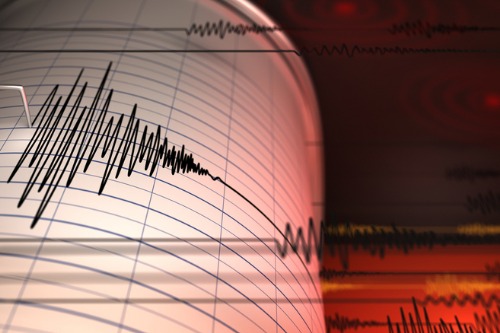

Kiwis have supported the idea of an early warning system for earthquakes so they can be more mentally prepared and can quickly ‘drop, cover, and hold’ a few moments before major shaking starts.
A research project, funded by the Earthquake Commission (EQC) and led by Dr Julia Becker from the Joint Centre for Disaster Research at Massey University and GNS Science, delved into how Kiwis would use an early warning system that could alert them a few seconds, or up to two minutes, before an earthquake hit.
Among the 3,000 Kiwis who responded, 97% found the early warning system useful – especially when it comes to finding ways to keep themselves safe such as moving away from dangerous areas or quickly pushing the floor buttons to get out of an elevator. Meanwhile, 81% said they would drop, cover, and hold once receiving the warning.
Dr Jo Horrocks, head of resilience strategy and research at EQC, commented that the research project can help people to understand how New Zealand could benefit from such a huge investment.
“Other countries already have an early warning system but they can be expensive, so it’s important to understand how New Zealanders might use the system before any planning starts. The survey has already delivered interesting and useful results. I’m looking forward to the full report,” Dr Horrocks said.
Dr Becker, who conducted the survey, said it also focused on identifying what level of shaking people wanted to be alerted about.
“Fifty one per cent (51%) wanted to be warned about a moderate Modified Mercalli (MM) shaking intensity of 5, which would most likely wake you up and set some doors swinging or shift small objects, while 25% of people surveyed only wanted to be warned if a strong MM6 earthquake, where it’s difficult to walk steadily and objects fall from walls and shelves, was about to hit,” Dr Becker said.
She added that over 80% of the respondents preferred to be warned through their mobile phones.
“We’re now analysing the results of all our research and will be reporting our conclusions and recommendations at the end of this year,” she concluded.
